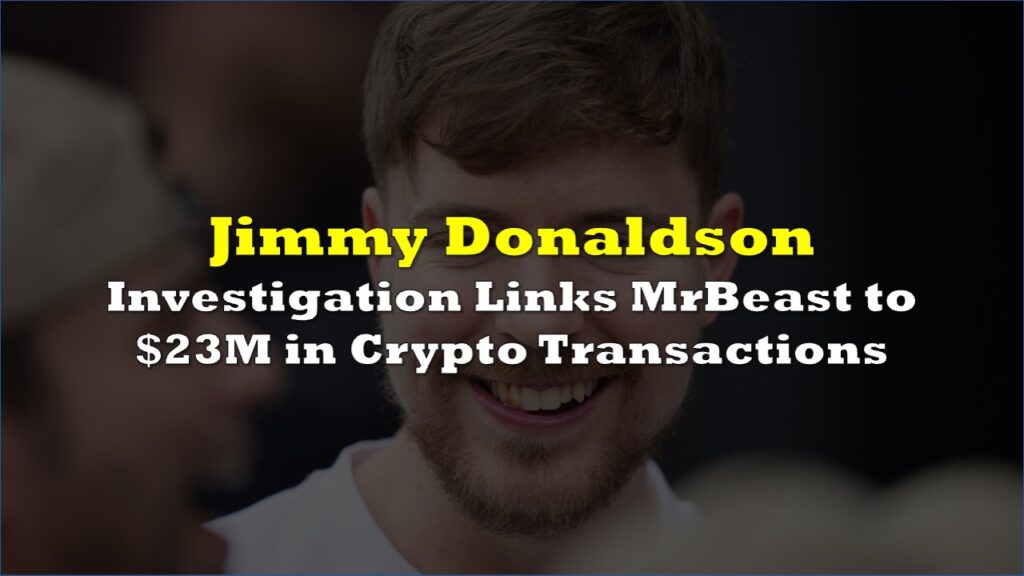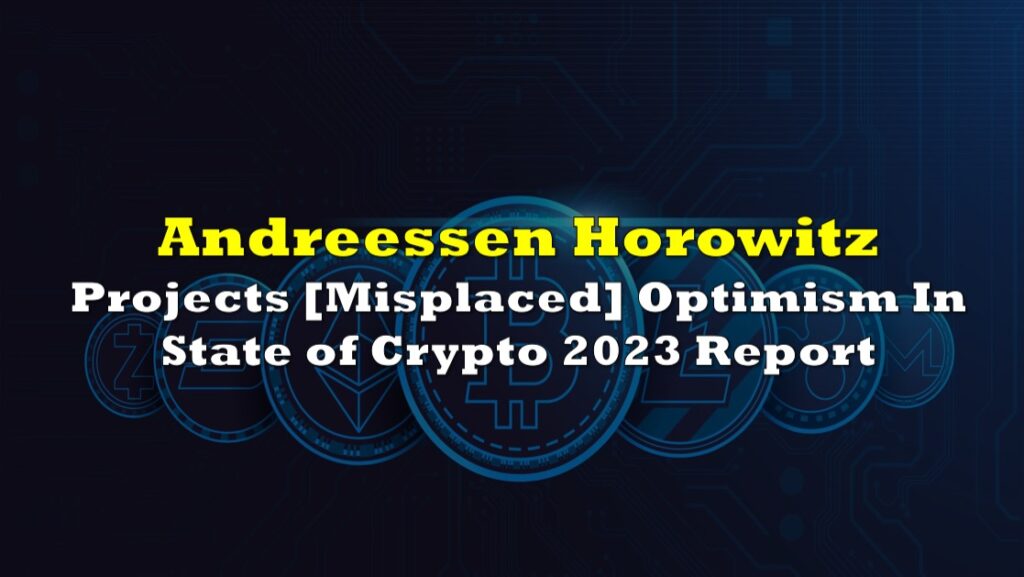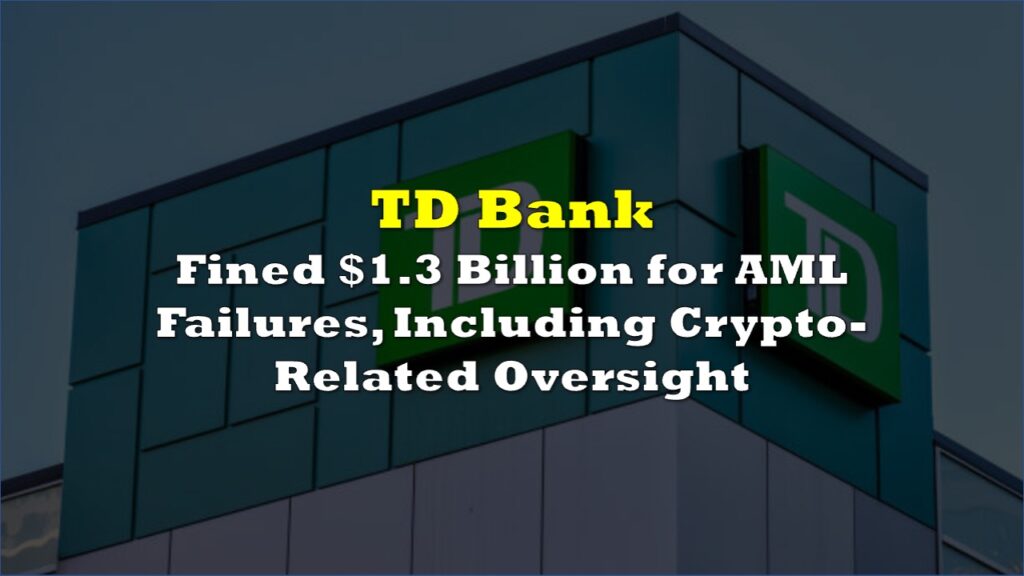In recent years, financial institutions have come under scrutiny for their alleged role in the systematic exclusion of cryptocurrency entrepreneurs, tech founders, and politically controversial figures from the banking system. A practice known as “debanking” has emerged, raising concerns about transparency, due process, and the limits of corporate and governmental influence over financial access.
Sam Frax, the founder of a blockchain-based project, recently disclosed a troubling encounter with JPMorgan Chase (NYSE: JPM). According to Frax, his primary banker apologized while relaying that “from the top”—allegedly referencing CEO Jamie Dimon—the bank decided to terminate accounts whose wealth was primarily derived from cryptocurrency.
“I had a close relationship with my banker, so I assume 99% of people wouldn’t even get that kind of transparency,” he said. His story aligns with accounts from other prominent crypto figures, such as Tyler and Cameron Winklevoss of Gemini and Brian Armstrong of Coinbase (NASDAQ: COIN).
Ben Averbook, another tech entrepreneur, took to social media to highlight what he calls a “coordinated effort” to debank emerging industries, particularly those linked to cryptocurrency and politically sensitive ventures. “They’ve uncovered a new way to destroy companies,” Averbook stated. “Thirty tech founders were secretly debanked. No warning. No explanation. No appeals.”
Operation Chokepoint
The roots of debanking can be traced to Operation Choke Point, a controversial initiative launched by the U.S. Department of Justice under the Obama administration in 2013. The program aimed to cut off financial services to industries deemed high-risk, such as payday lending, firearms sales, and escort services. Critics argued that Operation Choke Point operated without due process, leaving lawful businesses stranded in a cash-only economy.
Marc Andreessen, a venture capitalist and tech pioneer, recently discussed the modern evolution of this practice on “The Joe Rogan Experience.” Andreessen referred to this phenomenon as “Operation Choke Point 2.0,” targeting crypto founders and politically disfavored tech startups.
“You’re out of the banking system,” Andreessen said. “You can’t get a bank account, a Visa terminal, process transactions, payroll, insurance—none of it.”
He emphasized the lack of recourse for affected businesses: “None of this is written down. There’s no rules, no court, no decision process, no appeal. Who do you go to to get your bank account back?”
Andreessen’s statements reflect a perspective widely shared in the crypto and tech communities, but the term “Operation Choke Point 2.0” is not an officially recognized initiative or government policy.
Kept quiet about this for almost a year out of fear but since I'm in good company with @tyler @cameron @brian_armstrong @elonmusk now..Last December, I got a call from JPM saying "we have to close anyone's account that we know their primary source of income/wealth is crypto. This… https://t.co/xvJrO5eots
— sam.frax (@samkazemian) November 28, 2024
Crypto vs. Traditional Financial Sector
The conflict between cryptocurrency advocates and traditional financial institutions reflects broader tensions. Cryptocurrency operates outside traditional regulatory frameworks, often positioning itself as an alternative to centralized banking. Banks, in turn, cite concerns about compliance with anti-money laundering and know-your-customer regulations as reasons for heightened scrutiny.
For crypto entrepreneurs, however, the implications are devastating. A lack of banking services forces companies to rely on inefficient, high-risk cash transactions. It also stymies innovation, with startups unable to access loans, payroll systems, or venture capital investments requiring escrow services.
The lack of transparency surrounding debanking has galvanized a coalition of tech leaders, policymakers, and civil liberties advocates. Nic Carter, a vocal proponent of financial inclusion, has called for greater oversight of banks’ decision-making processes.
“I don’t want to alarm, but since the turn of the year, a new Operation Choke Point type operation began targeting the crypto space in the US. It is a well-coordinated effort to marginalize the industry and cut off its connectivity to the banking system—and it’s working,” Carter said last year.
Federal regulators have been slow to address these concerns. While Operation Choke Point was officially ended in 2017, its alleged successor practices remain murky. Banks deny targeting specific industries or individuals, citing confidentiality policies and legal obligations. However, as high-profile cases like Frax’s emerge, the pressure to introduce clearer regulations grows.
The implications of debanking extend beyond cryptocurrency. Civil liberties organizations argue that the practice risks becoming a tool for political and ideological suppression. By denying financial services to lawful entities, banks wield disproportionate influence over societal norms and economic mobility.
Information for this story was found via the sources and companies mentioned. The author has no securities or affiliations related to the organizations discussed. Not a recommendation to buy or sell. Always do additional research and consult a professional before purchasing a security. The author holds no licenses.









